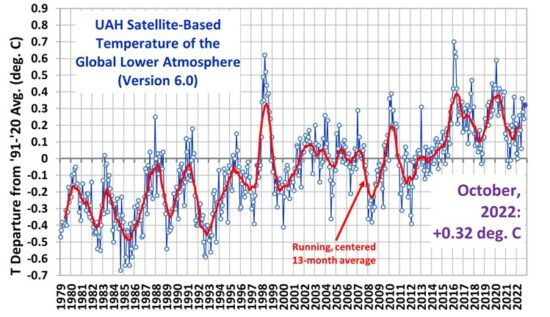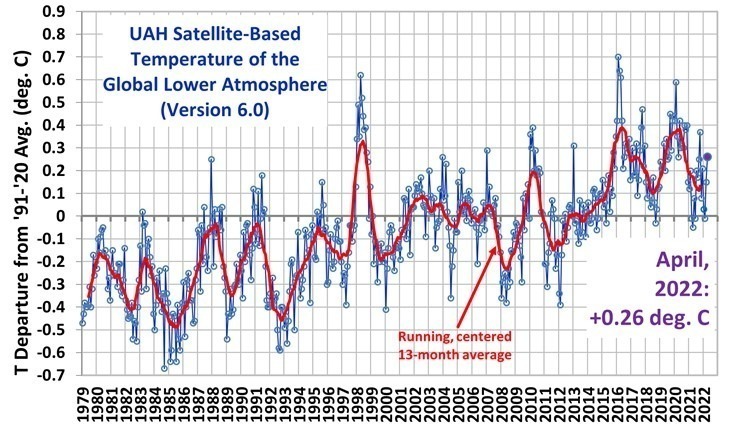Another important NSNBC post, by Susanne Posel (OC). The picture of the global financial crisis is many faceted and painted by many different people and organizations in many different ways. It meanders between extremes – imminent collapse and assured recovery, depending on the vested interests and the honesty and intelligence of the painters.
According to my understanding of economics, admittedly very limited and basic, the health of an economy is indicated by its balance sheet and its cash flow, moderated by an assessment of future “trading”.
Once the debt value exceeds the asset value, a problem exists unless some certain and adequate future trading can reverse the downward trend, sufficiently to put the balance sheet back into a positive figure.
Throughout the world, however, debts are being treated as acceptable as long as a continued source of loans exists. Greater loans = greater debts and hang the “expense”.
Printing and/or borrowing money without creation of real assets and real jobs, changes nothing, except an increase in the lack of viability and the creation of false security.
So far, only the continuation of an uncertain state has been achieved, whilst the real state of the financial structure has been hidden from the public and many investors. If I can see this, they have no-one to blame except themselves.
Based on this logic, and of course, the reality, a day of reckoning is a certainty. Only the timing is uncertain. This post puts it clearly in the near future.
“In the BIS Annual Report for 2012 – 2013, it is claimed that “since 2007, actions by central banks have prevented financial collapse.”
With national economies imploding across the globe, the focus must be
“the economic and financial reforms needed to return economies to the
real growth paths authorities and the public both want and expect.”Fiat currency is considered “borrowed time” and that more bond
purchases made by central banks will impede the world’s economies to
recover.The BIS asserts that policymakers must consider the impact of
national monetary policy which is passed will affect the global markets.
In response, central banks must coordinate their efforts to relieve the
side-effects of each nation against the stabilization of global
markets.Bernanke said that the Federal Reserve will begin the slowing down of the $85 billion buy-back program with an end in mid 2014.”
No solution is offered except in this statement (extract) – an obvious recommendation that has so far been ignored by major countries and seems unlikely to be adopted in the future.
“It is others that need to act, speeding up the hard but essential
reform and repair work to unlock productivity and employment growth.
Each country needs to tailor the reform agenda to maximize its chances
of success without endangering the ongoing economic recovery.”
What purpose in posting this? Wishful thinking I guess. There has been unending warning and clarifying information on the internet for years and the situation has gradually worsened. Why should that change?
Read the complete article here.
Related articles
- BIS Warns The Monetary Kool-Aid Party Is Over (blacklistednews.com)
- Bank of International Settlements Warning of a Bond Crisis on the Way! (safehaven.com)
- The Trigger Has Been Pulled And The Slaughter Of The Bonds Has Begun (silverdoctors.com)
- The End of Global Banking or Worse? (johngaltfla.com)






Reblogged this on Adithya Entertainment.
It’s really very simple to understand. The key is understanding that the foundation stone of economics is in essence complete nonsense. Because of greed and the inability of our politicans to address the issue of population control the economic model most countries follow is one they must follow. The equation for the model looks like this. Infinite growth with finite resources to sustain unsustainable populations. When you truly understand this model you realise that what is happening now is not a financial crisis. I wish it was, it’s not a depression or a recession or any other quaint economic term. These terms hint at the problem merely being about money. It’s not. If it was just about fiat currency there would be no problem. The problem is far more devastating than that. It’s the equation realising itself. Oil will be the biggy. Contrary to all the mass media hype about renewables it is all hype and no substance as the Germans and Spanish will attest. No what is coming will be on the level of an extinction level event. The reset button is about to be pushed. The spineless politicians will keep printing money (ie.defaulting on their debt) and hyper inflation will ensue. In a world of 7 Billion people how do you think that’s going to turn out? Bottomline. There is no solution with 7 Billion people. Maybe one billion. The day you hear a major politcian talking about contracting the economy and population is the day there may be a glimmer of hope. I fear though that it is all far too late. All we are doing know is kicking the can down the road and at the end of the road there is a cliff.
Thanks John, for your very helpful comment.
I agree that the basis for the mess hinges around “The equation for the model looks like this. Infinite growth with finite resources to sustain unsustainable populations.”
Plus uncontrollable greed and psychopathic disregard for other people.
The serious problem of population is difficult without condoning the eugenics agenda of the controllers.
Solutions not easy to implement but at least we understand the problems.